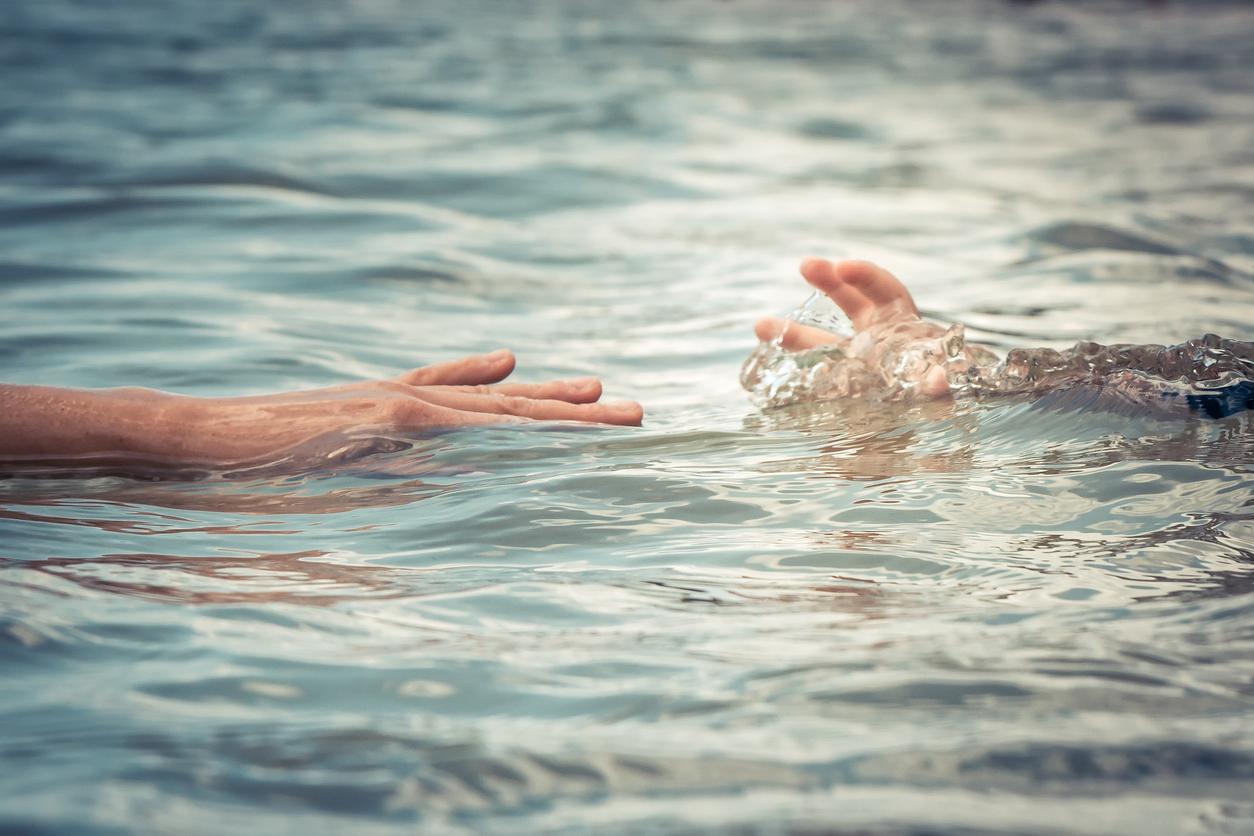Unfortunately, this is a recurring subject each year when the fine weather arrives: drownings have begun to claim the first victims and the health authorities are particularly calling for vigilance this year.
Each year, drownings are responsible for about 1,000 deaths in France, about half of them between June and September. It is also the leading cause of death by accident in everyday life among people under 25!
According to Santé Publique France, the risks will be particularly increased this summer due to the pandemic which has caused the closure of municipal swimming pools, and therefore limited the learning of swimming in children.
ON VIDEO: swimming, the right reflexes with BFM TV Paris
How to prevent child drowning?
First tip: teach children to swim as soon as possible.
And especially : never leave a child unattended. Either we bathe with him, or it is 1 child who bathes must be under the supervision of 1 responsible adult.
Even if no device replaces human vigilance, private pool owners must equip it with a safety device. Remember to remove the ladder from above ground pools as well as toys and balls from the surface of the water so as not to attract children.
Adult drownings: do you have the right reflexes?
For those over 65, it is above all the sea that is a source of danger. Whereas, for people of intermediate age, the critical sites are rather rivers, streams or bodies of water. So you have to be careful at any age.
These drownings are associated with 2 main causes: the consumption of alcohol and the practice of unsupervised activities in places for the most part prohibited for swimming and therefore unsupervised.
THE tips to remember :
1-bathe in the places of surveillance,
2-take your physical condition into account: do not swim if you feel tired
3-do not bathe after drinking alcohol
4-avoid exposing yourself to the sun for too long before swimming, especially in hot weather. In effect the number of drownings is multiplied by 3 during heat peaks.
Among those over 65, drownings are linked in half of the cases to discomfort caused by thermal shock (or hydrocution), which can occur when the difference between the temperature of the water and that of the body is significant.
5-learn to swim if you forgot (or never learned)
In France, 1 in 6 French people cannot swim, 35% of whom are between 65 and 75 years old. Sometimes we have simply never learned to swim, sometimes we have forgotten or we can have apprehensions with the aquatic environment, especially in the ocean.
You should know thatIt is possible to learn to swim at any age.
How to avoid thermal shock (or hydrocution)?
You have often been told that you have to wait 3 hours after the meal to bathe. So justified or not? It’s true that digestion tends to increase the body’s temperature, so can accentuate the thermal shock when you enter the water. But this is especially true after a hearty and rich meal. This is less the case if you ate light.
And in reality, it is especially the prolonged exposure to the sun and the heat which are in question, as well as the excessive consumption of alcohol which increases the risk of discomfort.
To remember ! The more you gradually enter the water, the more you limit the risks because you give the body time to get used to the change in temperature. So we wet the head, the neck, then the stomach and we avoid diving into the pool.
Signs of heat shock:
- Cramps, chills
- Visual or auditory disturbances
- Headaches that come on suddenly
- Itches
- Sudden feeling of being unwell or tired
You obviously have to ask for help and get out of the water right away to dry off. And if the signs do not disappear quickly, call the emergency services.
Covid-19: should we fear contamination at the swimming pool or at sea?
THE risk is almost zero at the swimming pool for the simple and good reason that the waters of the swimming pools are treated with disinfectants, in particular chlorine, which makes the virus inactive and therefore not contagious. In fact, the risk of contamination is mainly linked to the proximity to the swimmers you meet in the changing rooms or in the places of passage. So a piece of advice keep your distance!
And then regarding sea water, there is no risk according to Ifremer researchers.
See as well :
- Sun: the right reflexes to protect your skin
- Medicine kit: what should I take on vacation?
- Sunburn: what to do?
















